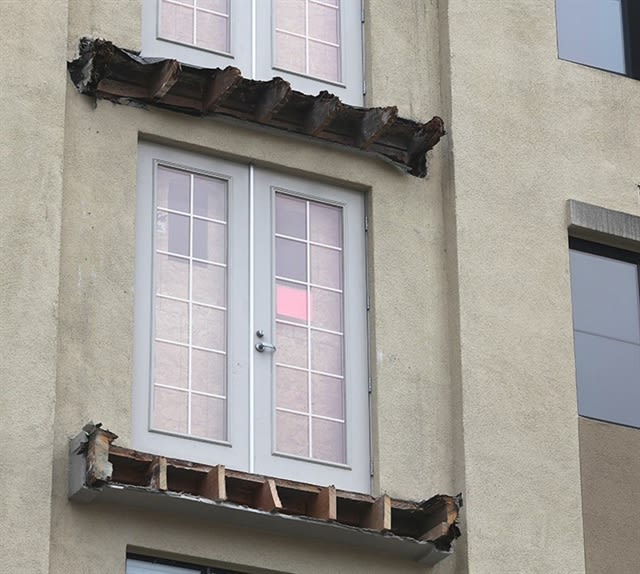Thoughtclaw
Structural
- Apr 28, 2016
- 54
Please forgive me if this is a stupid question. I'm 99% sure I know the answer, but wanted to check.
I just became a PE last month, and am now serving as the staff engineer for a small contractor in Ohio. One of the first things I was asked to design was a foundation for a pit to hold a machine. The company that's having it built has been a longtime customer of my company, and I assumed they were building it at their local facility. They had no soil information, so I designed it for the minimum requirements. Well, I just found out they're planning to build it at a facility they own in Virginia. Now they're asking for stamped drawings, but I can't stamp a drawing for something that's being built in a state I'm not licensed in, correct?
I just became a PE last month, and am now serving as the staff engineer for a small contractor in Ohio. One of the first things I was asked to design was a foundation for a pit to hold a machine. The company that's having it built has been a longtime customer of my company, and I assumed they were building it at their local facility. They had no soil information, so I designed it for the minimum requirements. Well, I just found out they're planning to build it at a facility they own in Virginia. Now they're asking for stamped drawings, but I can't stamp a drawing for something that's being built in a state I'm not licensed in, correct?




